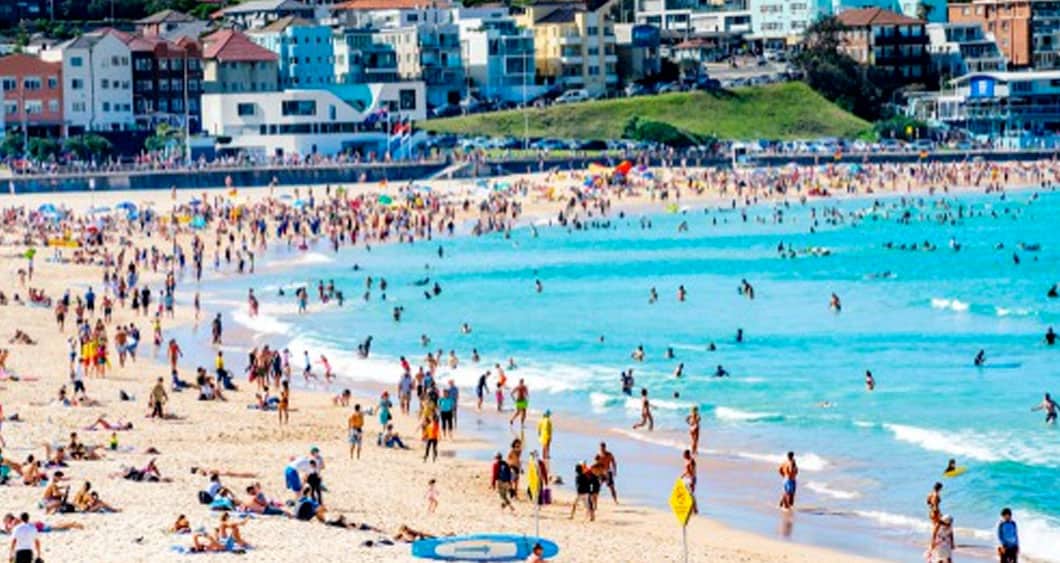All Categories
Featured
Table of Contents
Double Glazing - Albury - Twin Cities Glass in Kalamunda WA
That window can transfer more solar heat in winter season than in summer. A west-facing window on a summer's afternoon has an angle of occurrence from near 0 approximately 30 with a big reliable area of solar radiation. A north-facing window, in summertime, has a high angle of occurrence and a low effective location of solar radiation, so can transfer less heat than a west-facing one.

You can rapidly and easily improve the thermal efficiency of your home by replacing your windows. There are thousands of types of glass and frames to pick from.
Double Glazing Perth in Alexander Heights WA
There are many different kinds of glass items to choose from. Single glazing uses a single pane of glass. Single glazing with clear glass is not very efficient when it concerns heat loss or gain. To improve efficiency, you can use single glazing with a more energy-efficient type of glass such as low emissivity (low-e) glass.
The energy performance of IGUs likewise depends on: the homes of each layer of glass. Various glass types (for example, clear and low-e glass) can be put together in an IGU.
Techniques For Double Glazing Windows in Edgewater WA

IGU cavities can be filled with air or a more inert, low-conductivity gas such as argon the width of the cavity. Cavity density is normally 6 to 18mm. Broader cavities supply lower (much better) U worths, with 12mm usually accepted as the preferred gap how well the cavity is sealed. Cavities should be dry and well sealed to prevent wetness getting in.
If argon is installed to the cavity in location of air, wetness is dependably left out the level of desiccant (drying representative). The spacer (metal or polymer strip) that separates the glass layers contains a desiccant to take in any wetness. Inadequate desiccant may trigger wetness to condense on the glass surface in cold conditions, decreasing thermal performance.
Keeping Your House Cool In The Summer in Butler Western Australia
IGUs can provide much better energy efficiency for all environments, particularly in heated and air-conditioned homes. Cross-section detail of single, double and triple-glazing systems Low emissivity glass (typically known as low-e glass) minimizes heat transfer. Low-e glass might be either high or low transmission: High transmission low-e glass has a covering that enables daylight from the sun to pass into your house to attain good solar heat gain, however decreases the amount of the long wavelength infrared heat that can escape back through the window.
Low-e glass has either a pyrolytic finish or a vacuum-deposited thin movie metal finish. Pyrolytic coverings are durable and can be used for any glazing; vacuum-deposited finishings are soft and are just used within IGUs. Low-e finishes can considerably enhance both U value and SHGC; nevertheless, they must be used properly or they will either deteriorate or stop working to perform as needed.
Double Glazing Vs Triple Glazing: Which Should You Choose in Hillarys Perth
Low-e finishes can be utilized in combination with clear, toned or reflective glass. Low-e finishes on glazing can lower heat transfer where needed Picture: Department of Market, Science, Energy and Resources Toned glass has actually colouring additives consisted of throughout manufacture. It is offered in numerous colours, usually bronze, grey, blue and green.
Table of Contents
Latest Posts
How Double Glazing Can Help Keep Your Home Cool In ... in WA
Why You Need Secondary Glazing In The Summer in Cooloongu WA
Double Glazing Vs Triple Glazing: Which Is Better? in Quinns Rocks Perth
More
Latest Posts
How Double Glazing Can Help Keep Your Home Cool In ... in WA
Why You Need Secondary Glazing In The Summer in Cooloongu WA
Double Glazing Vs Triple Glazing: Which Is Better? in Quinns Rocks Perth